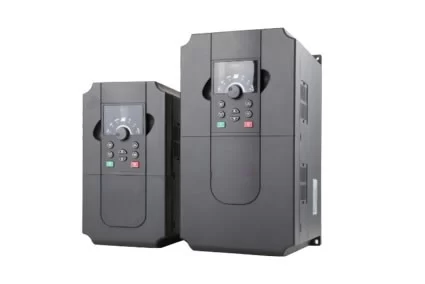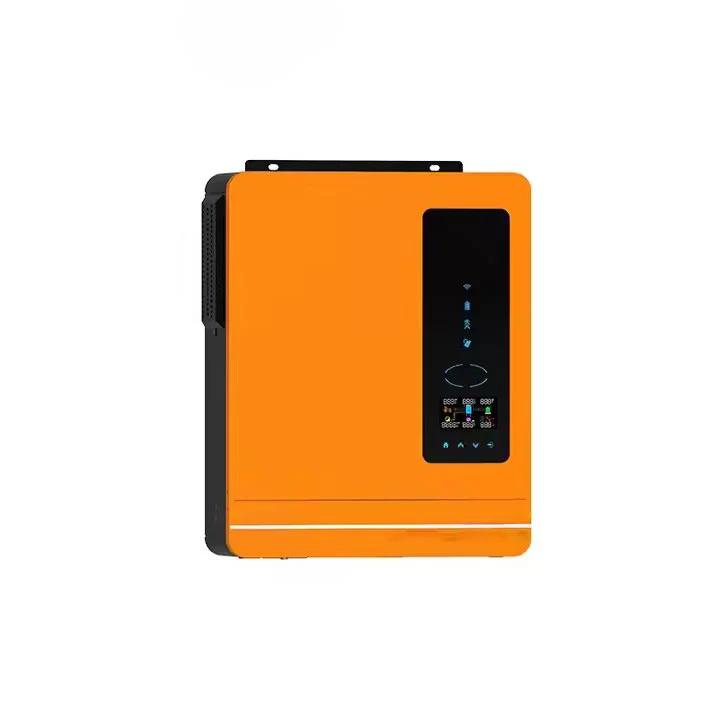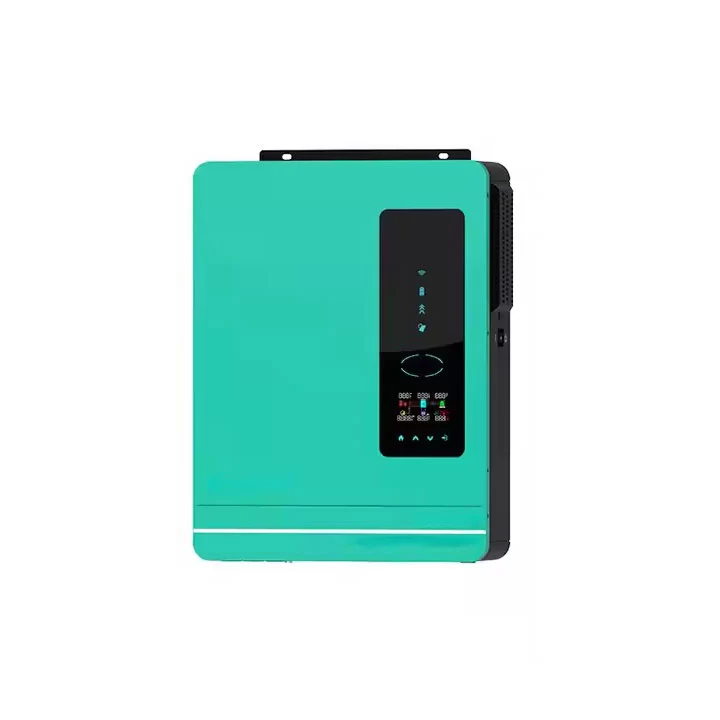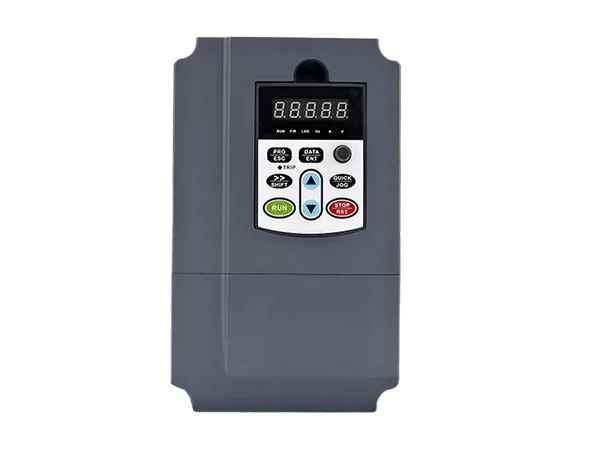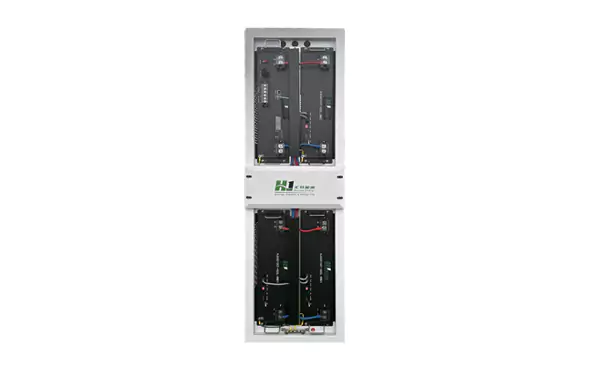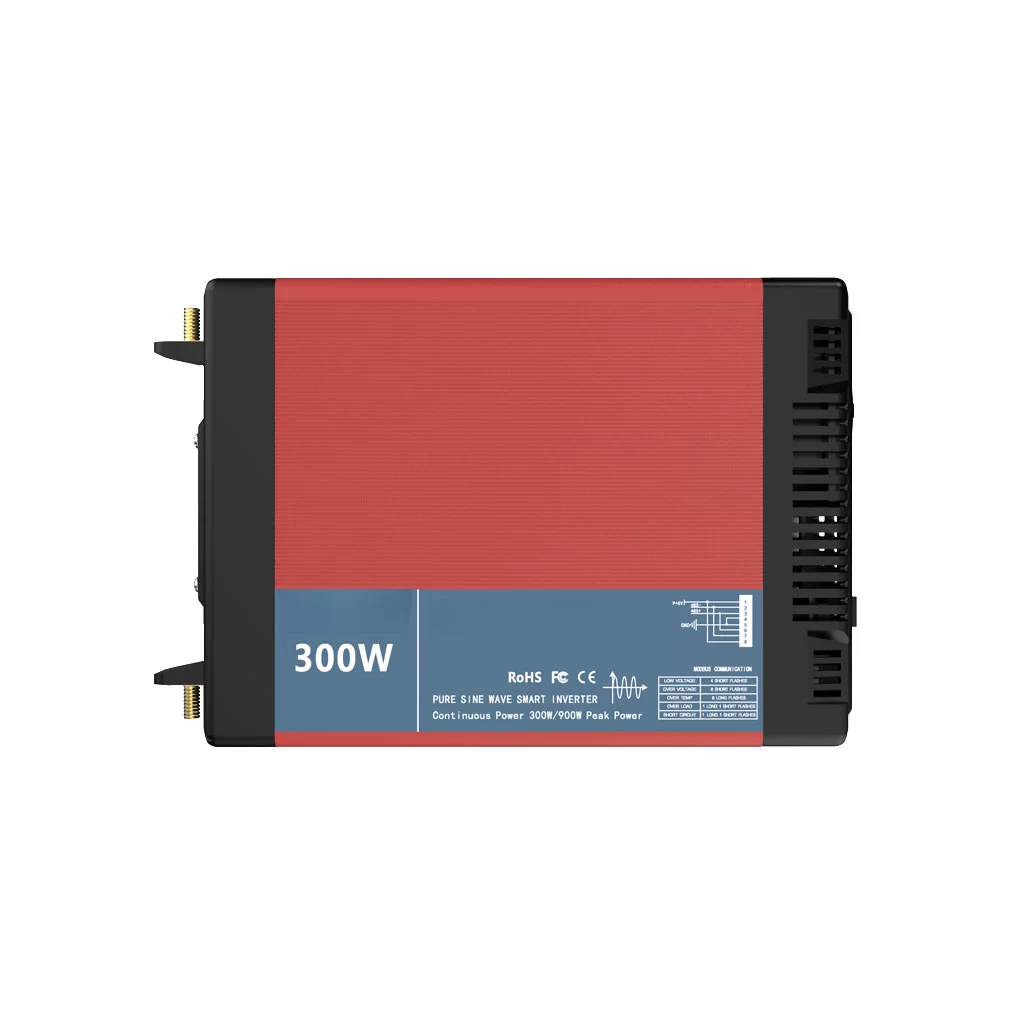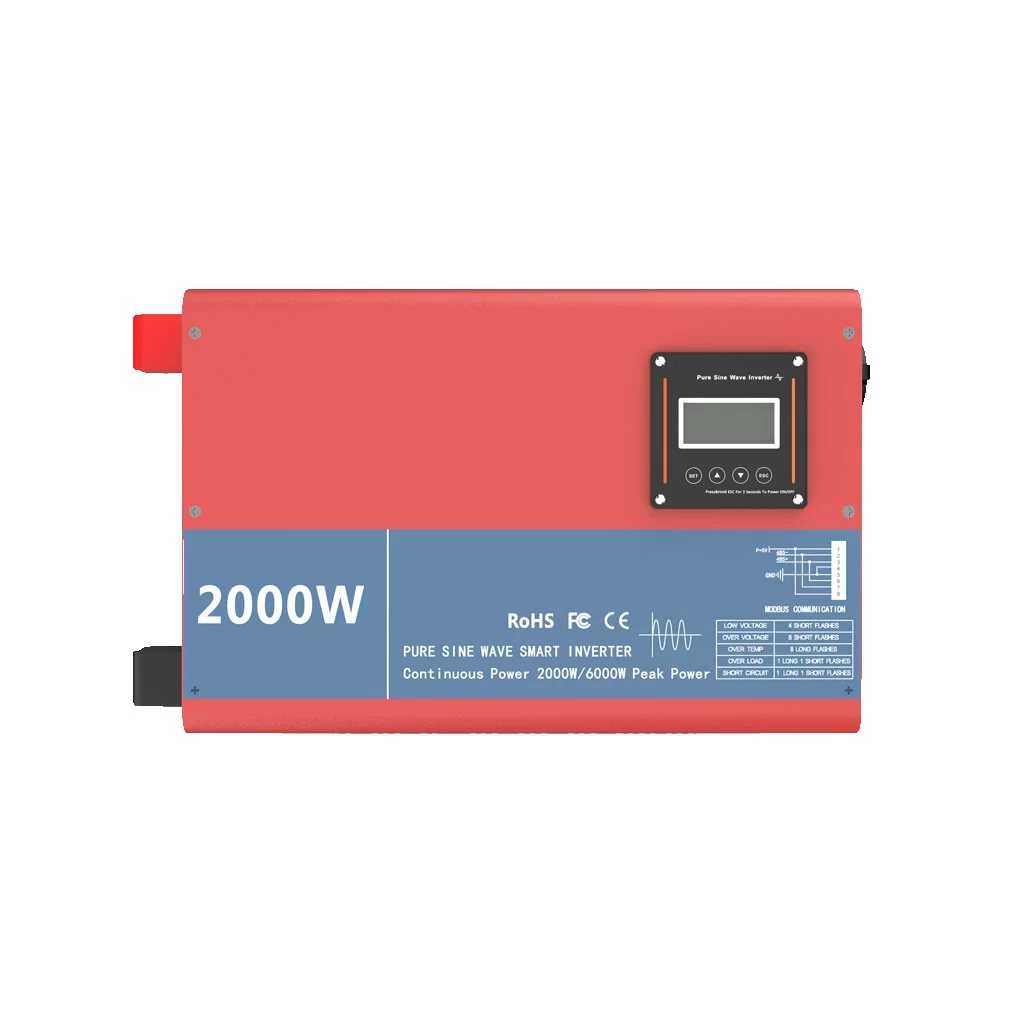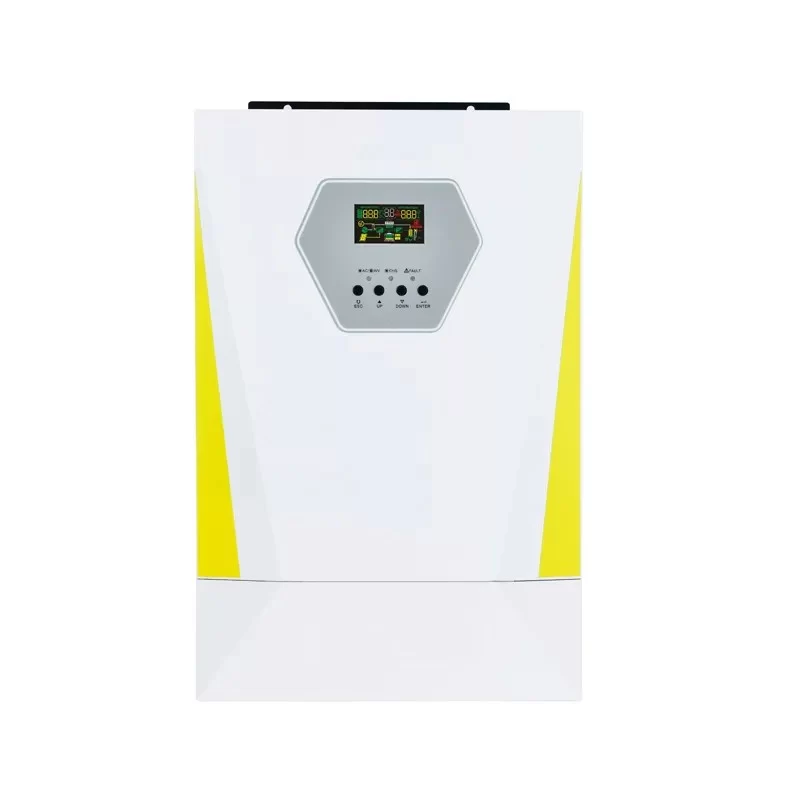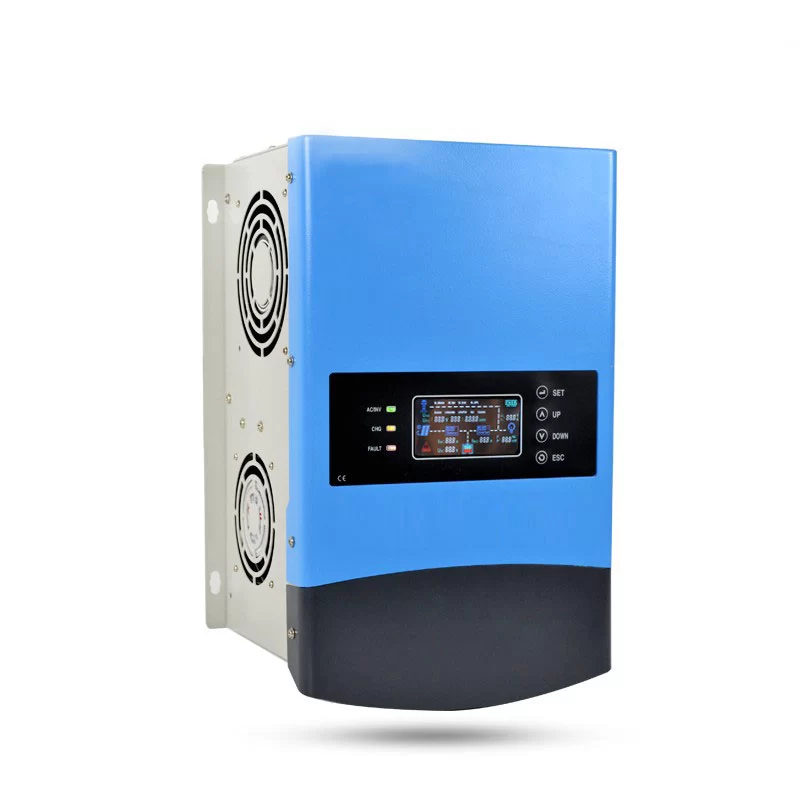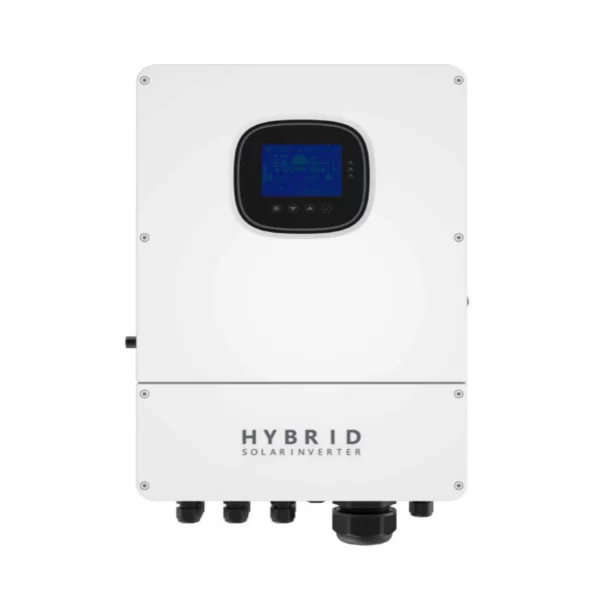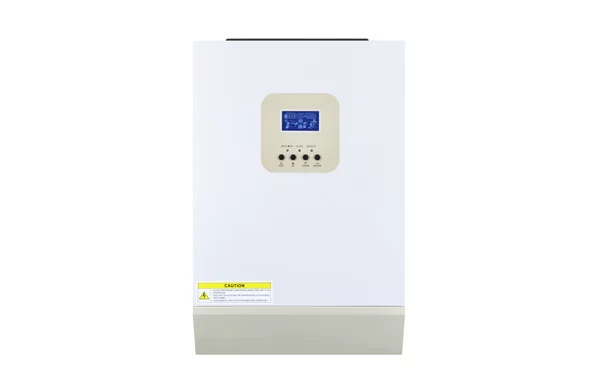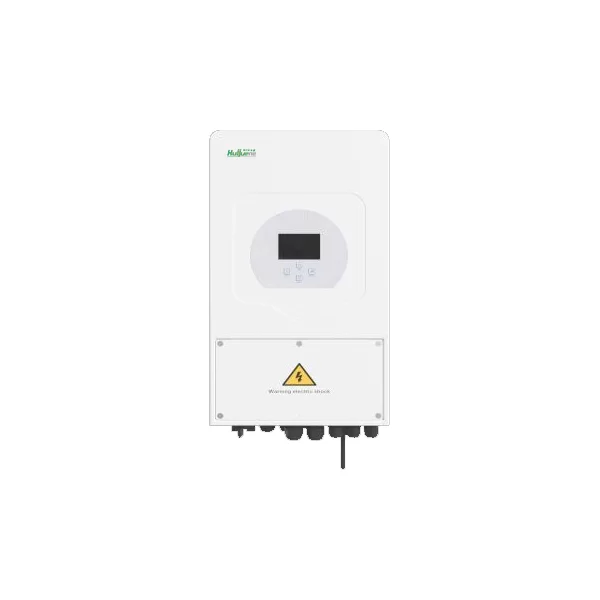Inverter Price: Comprehensive Selection for Home, Commercial, and Industrial Use
The solar inverter is responsible for converting the direct current generated by the solar device into 220V 50Hz alternating current and is one of the most important components of a solar system. You can find a huge variety of products produced by leading manufacturers in this industry here. These inverters are designed to fulfill a wide range of needs from home and commercial use to solar energy systems. Whether you are looking for hybrid inverters or pure sine wave inverters for high quality power, etc., we have the perfect option for you at the most affordable price. If you have any questions, please contact our online technicians.
1. Definition of Inverters
An inverter is a device that converts direct current (DC) to alternating current (AC). In most cases, the input DC voltage is usually low, while the output AC voltage is equal to the grid supply voltage, which may be 120 or 240 volts, depending on the country.
Inverters can be manufactured as stand-alone devices for applications such as solar power generation, or as a backup power source from separately charged batteries. In another configuration, the inverter is used as part of a larger circuit, such as a power supply unit (PSU) or uninterruptible power supply (UPS). In this case, the input DC to the inverter comes from rectified mains AC in the PSU when power is available, and from rectified AC in the UPS when power is available and from the batteries in the event of a power failure.
The types of inverters vary according to the shape of the switching waveform. These inverters have different circuit configurations, efficiencies, advantages and disadvantages.
Inverters provide AC voltage from a DC source and are useful for powering electronic equipment and electrical equipment rated for AC mains voltage. In addition, they are widely used in the inverter stage of switch mode power supplies. These circuits are categorized on the basis of switching technology and type of switching, waveform, frequency and output waveform.
2. Types of Inverters We Offer:
2.1 By Waveform
Pure Sine Wave Inverters
Modified Sine Wave Inverters
Square Wave Inverters
2.2 By Application
Solar Inverters
Grid-Tie Inverters
Off-Grid Inverters
Hybrid Inverters
2.3 By Power Capacity
Low Power Inverters (< 1kW)
Medium Power Inverters (1kW – 10kW)
High Power Inverters (> 10kW)
2.4 By Input Voltage
12V Inverters
24V Inverters
48V Inverters
High Voltage Inverters (>100V)
2.5 Special Types
Micro-inverters
String Inverters
Central Inverters
Battery Inverters
2.6 By Industry
Residential Inverters
Commercial Inverters
Industrial Inverters
Automotive Inverters
3. Key Considerations When Buying an Inverter
Types of Inverters
When we choose an inverter, the three most common types of inverters are square wave, modified sine wave and pure sine wave inverters. Among them, pure sine wave inverters are usually more expensive because they provide a smoother, more continuous power output that can effectively protect sensitive electronic equipment. Corrected sine wave and square wave inverters, on the other hand, are more economical, but at the same time are slightly less efficient and have a shorter lifespan. Therefore, the choice of inverter should be based on the needs of your equipment as well as your power quality requirements.
Do you need a stable power output to protect your equipment? If so, a pure sine wave inverter may be a better choice for you.
Power Rating
The power rating of an inverter is also the maximum continuous output, which is a key factor in determining the price of this inverter. Higher power inverters are designed to support multiple devices or high-energy appliances, so they are more expensive. Whereas low power inverters are more suitable for low energy appliances and also more affordable but may not be able to support complex systems or high load appliances. So when we buy an inverter, it is important to choose a power rating that meets your actual energy needs to avoid problems with underpowered or overcapacity.
Industry insight: Choosing an inverter with too much power is not only a waste of money, but can also affect system efficiency.
Built-in Functions
Modern inverters are often equipped with a variety of built-in functions that go beyond simple power conversion. These features may include remote control, solar compatibility, LCD displays and USB charging ports, increasing ease of use and functionality. Of course, these extra features often raise the price as well. It is recommended that you evaluate which features you need to avoid unnecessary wasted costs.
Think about it: does the inverter you demand require solar compatibility or remote control features? These features may provide you with more convenience in future energy management.
Get the Best Inverter Price Today!
Fill out the form to receive a personalized quote tailored to your power needs. Whether you’re looking for a home inverter, solar inverter, or a hybrid solution, our experts are here to help you find the best product at the best price. Don’t miss out on our exclusive offers and professional advice—contact us today!

